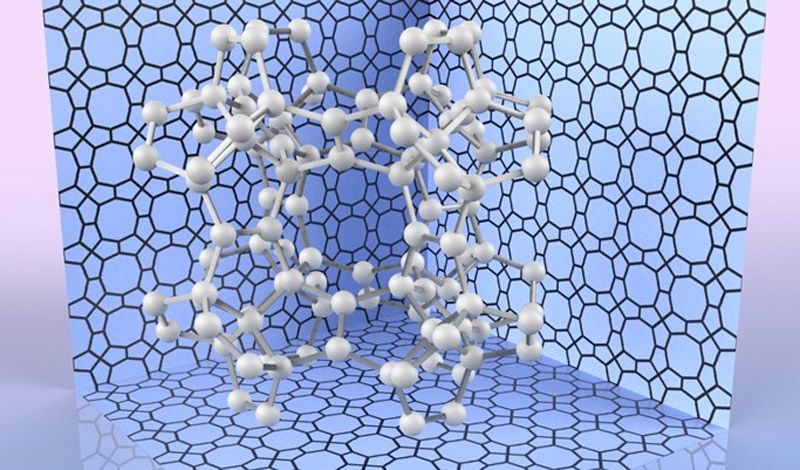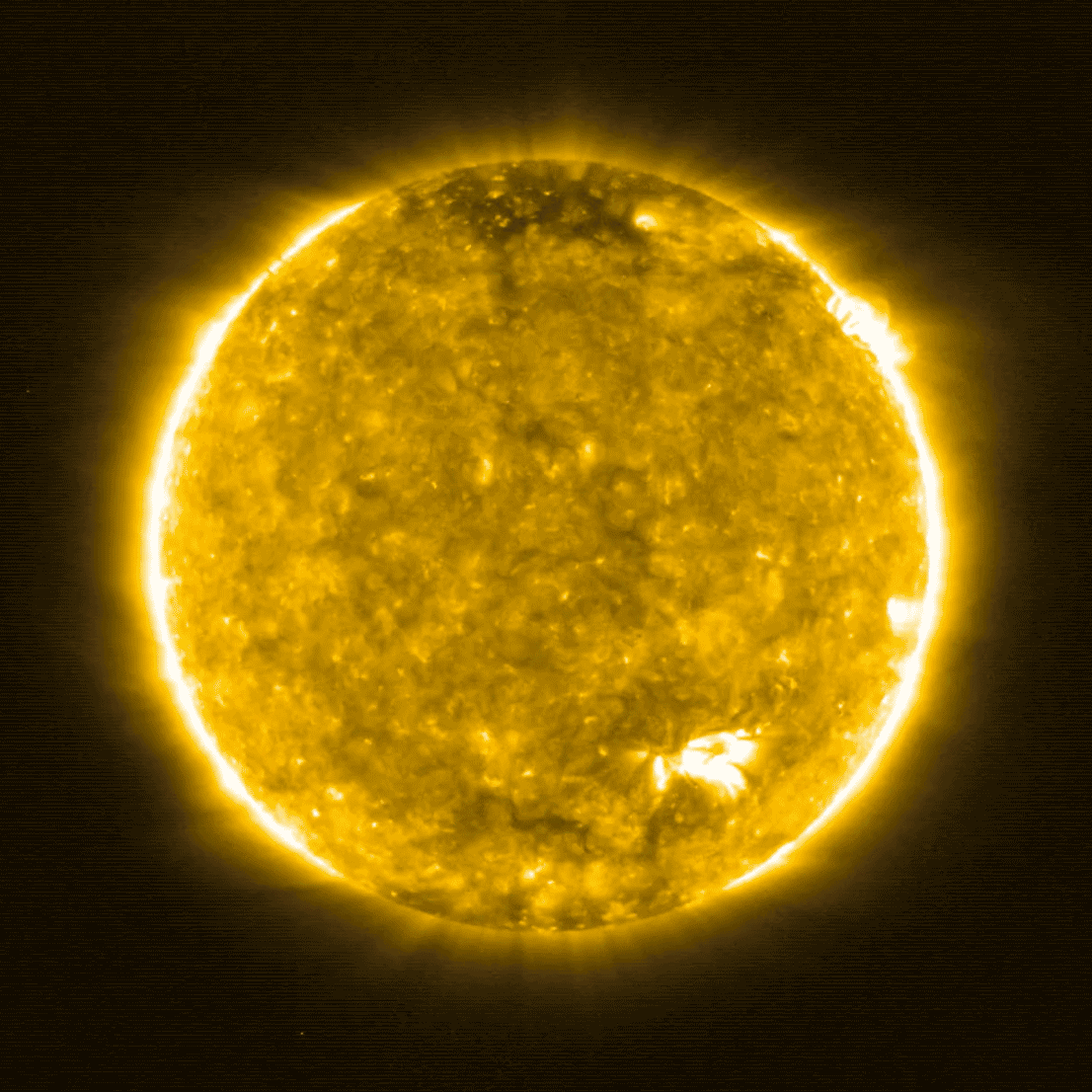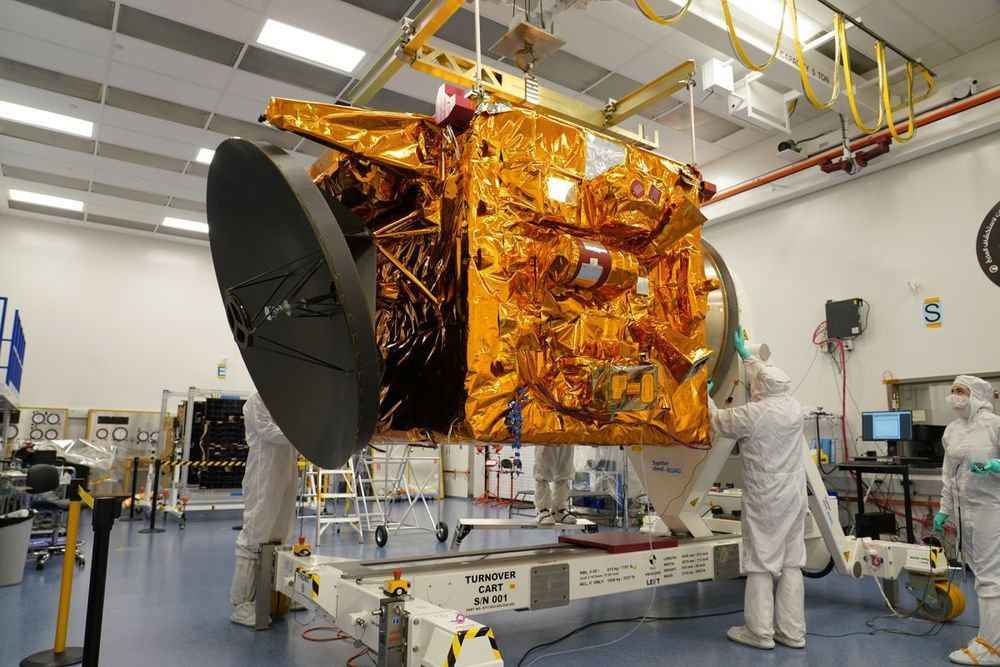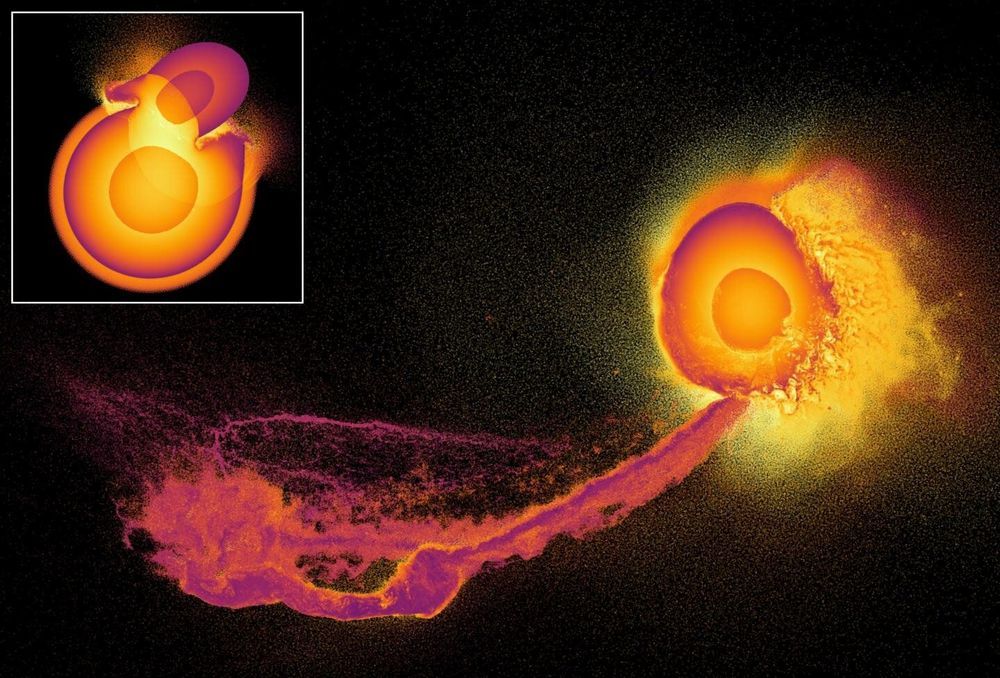One small step for cells, one giant leap for science.
Category: space – Page 813
China Mars Mission: At the Launch Pad (Updated with Video, Photos)
The fourth Long March-5 rocket, to be used to launch China’s first Mars exploration mission — the Tianwen-1 — was vertically transported to the launching area at the Wenchang Space Launch Center in south China’s Hainan Province on Friday.

Pentadiamond, a new addition to the carbon family
To calculate the most stable atomic configuration, as well as estimate its hardness, the team relied on a computational method called density functional theory (DFT). DFT has been successfully used throughout chemistry and solid-state physics to predict the structure and properties of materials. Keeping track of the quantum states of all the electrons in a sample, and their interactions, is usually an intractable task. Instead, DFT uses an approximation that focuses on the final density of electrons in space orbiting the atoms. This simplifies the calculation to make it suitable for computers, while still providing very precise results.
Based on these calculations, the scientists found that the Young’s modulus, a measure of hardness, for pentadiamond is predicted to be almost 1700 GPa – compared with about 1200 GPa for conventional diamond.
“Not only is pentadiamond harder than conventional diamond, its density is much lower, equal to that of graphite,” explains co-author Professor Mina Maruyama.
Apollo 11 Launch
#OTD 51 years ago, Apollo 11 launched from NASA’s Kennedy Space Center with NASA Astronauts Neil Armstrong, Buzz Aldrin, and Michael Collins aboard. Four days later, Armstrong and Aldrin landed on the Moon’s surface, while Collins orbited overhead in the Command Module: https://go.nasa.gov/3j7tRV0

Solar Orbiter Returns First Data, Snaps Closest Pictures of the Sun
The first images from the Solar and Heliospheric Imager, or SoloHI instrument, reveal the zodiacal light (the bright blob of light on the right protruding towards the center). Mercury is also visible as a bright dot on the image left. The straight bright feature on the very edge of the image is a baffle illuminated by reflections from the spacecraft’s solar array.
Credits: Solar Orbiter/SoloHI team (ESA & NASA), NRL
Images from the Polar and Helioseismic Imager, or PHI, showed it is also primed for later observations. PHI maps the Sun’s magnetic field, with a special focus on its poles. It will have its heyday later in the mission as Solar Orbiter gradually tilts its orbit to 24 degrees above the plane of the planets, giving it an unprecedented view of the Sun’s poles.


Supercomputer reveals atmospheric impact of gigantic planetary collisions
The giant impacts that dominate late stages of planet formation have a wide range of consequences for young planets and their atmospheres, according to new research.
Research led by Durham University and involving the University of Glasgow, both UK, has developed a way of revealing the scale of atmosphere loss during planetary collisions based on 3D supercomputer simulations.
The simulations show how Earth-like planets with thin atmospheres might have evolved in an early solar system depending on how they are impacted by other objects.

Elon Musk Teases “Indoor/Outdoor Rave Space” on Berlin Tesla Factory Roof
The concept isn’t entirely new. In March, Musk posted a poll on Twitter asking his gigantic following if they were interested in a “mega rave cave” below Giga Berlin. 90.2 percent responded with the option “hell yes!”
Musk has plenty of reasons to celebrate. His car company’s valuation sky-rocketed to a high of $1,760 on Monday as tens of thousands of new investors were pouring in from online brokerage Robinhood. The rocketing valuation also sets Musk up for yet another massive $1.8 billion payday.
At the same time, the construction of the manufacturing plant has hit several setbacks, with environmental protests concerning deforestation and worries over drinking water supplies leading to a German court ordering Tesla to cease construction, but lifting the freeze several weeks later.
NASA’s Hubble Space Telescope on Facebook Watch
#HubbleClassic On January 19, 2015, Hubble captured a global map of Jupiter. This video was made from the observations.
Today, Jupiter is at opposition, meaning it shines in our sky all night long and is the closest to Earth that it’ll be all year.
#NASA #Hubble #classic #jupiter #planet #video #solarsystem #astronomy #space #science
Planet Parade: All The Planets Are Now Visible In The Night Sky And Here Is How To Watch Them
Admin and Founder of The Secrets of the Universe and former intern at Indian Institute of Astrophysics, Bangalore, I am a science student pursuing Master’s in Physics from India. I love to study and write about Stellar Astrophysics, Relativity & Quantum Mechanics.
Mercury.